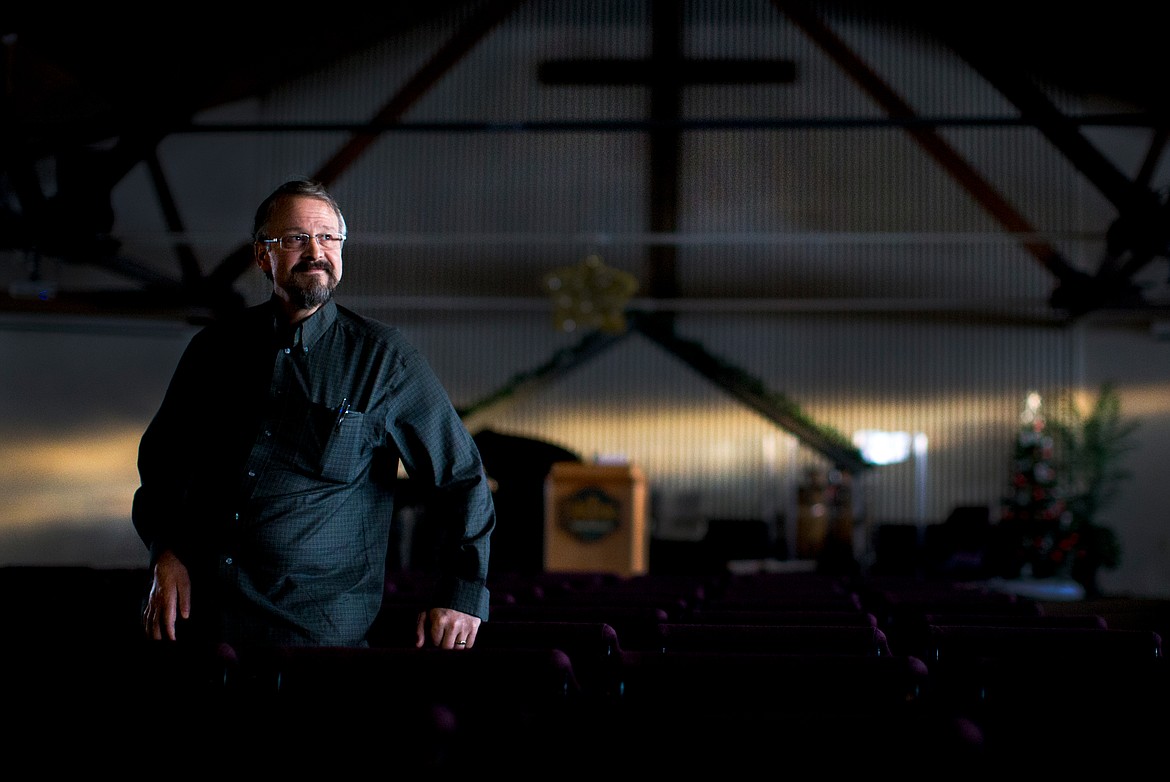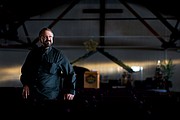FAITHFUL OBSERVATIONS
Editor’s note: This new feature by Hayden resident Bob Shillingstad will appear intermittently, spotlighting local people of faith, organizations and religious events.
By BOB SHILLINGSTAD
Special to The Press
When it comes to Christians making a positive difference in the world, it is not always evident to the casual observer. Those who are involved in these ministries know that if these Christian ministries and churches went away, there would be a giant sucking sound in civil society.
However, most churches and Christian ministries do their work quietly, with little fanfare, but without this generosity of time and money, America would be in deep trouble and so would our own community. The purpose of these columns is to shine a light on what is being done by so many and how we can give our appreciation with support and understanding.
Perhaps we can ask ourselves these questions that John Stonestreet and Warren Cole Smith asked in a recent book:
- What is good in our culture that we can promote, protect, and celebrate?
- What is missing in our culture that we can creatively contribute?
- What is evil in our culture that we can stop?
- What is broken in our culture that we can restore?
The first choice for this column was to visit with Tim Remington, pastor of the Altar Church and also the program director of Good Samaritan Rehabilitation. This choice and, in fact, this idea was born when we were having a house built last year. We talked to a cabinetmaker who related his story about turning his life around through Samaritan Rehabilitation. Then the leader of the framing crew related a similar story when I noticed the Samaritan T-shirt he was wearing. It made me realize there are bigger stories that we are missing in our community. Many know that Tim was shot on March 6 two years ago by a deranged stranger. He was shot six times at point-blank range with a .44 magnum pistol. Miraculously, he survived and is back in ministry. Here are the highlights of our conversation:
Tim, thank you for your time but my first question has to be this: How are you doing?
It is still a very difficult time. The pain in my lower right arm is still very bad, as if it was in hot grease, along with other effects. My wife, Cindy, has been amazing help and I am fortunate for the prayers and support of many. Thank you for asking.
How long have you been in this ministry to people suffering from addictions?
We started in 1984 reaching out to people on the street in California and after returning to Idaho, soon found ourselves helping those who are addicted and also coming out of prison. We found ourselves taking people into our home and in fact, over the years we have had over 600 stay with us in our home while they got on their feet. Our children grew, watching people being changed. Now we have four facilities or “ranches,” three for men and one for women.
How does the recovery process work?
The time spent at the ranch will be from two to four months and then transition to what we call “intensive outpatient” in a home-type environment. We have found that over 90 percent of our residents come from divorced or dysfunctional families. Most did not have a home where they had meals together and gathered around the table to talk. We try to replicate a home with mentors there to show them how a loving home will work. Of course, we also talk about a life-changing faith and how Christ in their life can make this change possible.
You’ve been doing this for over 35 years. What changes have you seen?
There are cycles of use. In the ’80s it was LSD and later heroin. Five years ago meth was 80 percent of our addiction. Now that is being replaced with opioids and heroin. Through all of this, alcohol is always a problem consistently. Pornography addiction seems to permeate all through this and a problem with most that enter the program.
What are the fees for someone to go through this process?
We charge $2,500 a person, if they can afford it, but this hardly covers our costs. We have 28 full-time employees and more than a 70 non-paid volunteers. Our overhead is more than $50,000 a month and we are helping over 120 people a year in our program.
What assistance does the federal or state government provide?
We take no government funding whatsoever. We want to be able to present the good news of Christ without interference. The only help from the state of Idaho is that they have assigned a probation officer just to our ministry. The vast majority of our people came out of incarceration and we are here to work with the authorities.
We have a 78 percent success rate and the cost to keep a person in prison in Idaho is nearly $23,000 a year. We believe we are not only saving lives and families, but the taxpayers money also. Twenty-two hundred people have gone through the program and we believe we have saved the state over $50 million in costs.
Is Good Samaritan Rehabilitation a part of the church?
No. Both the church and Good Samaritan are separate 501(c)3 corporations with separate boards and budgets. I am the president/director and on the board of Good Samaritan but take no compensation from the ministry. We are careful to keep separate accounts and an openness with our books.
Obviously you have to raise funds for the operation of this program. Where does that come from? Do other churches also support this ministry? What are your needs?
We have regular donations that come in and we operate a thrift store at 501 E. Lakeside in Coeur d’Alene, although we work with other churches and they support us with their prayers and friendship. Obviously we can use the prayers of others.
We have heart-breaking stories of families broken apart and children in need. We work with other ministries as we can, such as Union Gospel Mission and with courts regarding foster care. Financial contributions can be sent to Good Samaritan Rehabilitation at 901 E. Best Ave., Coeur d’Alene, ID 83815 or call 664-1453 for more information about giving or volunteering.
We’ve just passed the two-year mark since you were attacked, and with Resurrection Sunday approaching, what are your thoughts?
Certainly my doctors and I believe it was a miracle that I survived six hollow-point bullets at point-blank range, but more importantly is to see resurrected lives of those caught in hopeless addiction and truly points to the power of our resurrected savior.
•••
To end this column I have to share a brief encounter with the church receptionist, Adella. She is a beautiful, gracious, smiling welcome to those who call or come into the church. After commenting about this to Pastor Tim, he told me to ask her how she came to be there. She told me a story of being strung out on drugs, at the end of her rope and when the police were called and were going to take her to jail, a roommate called Pastor Tim and he came and took her in. The rest is history — and one more miracle.



